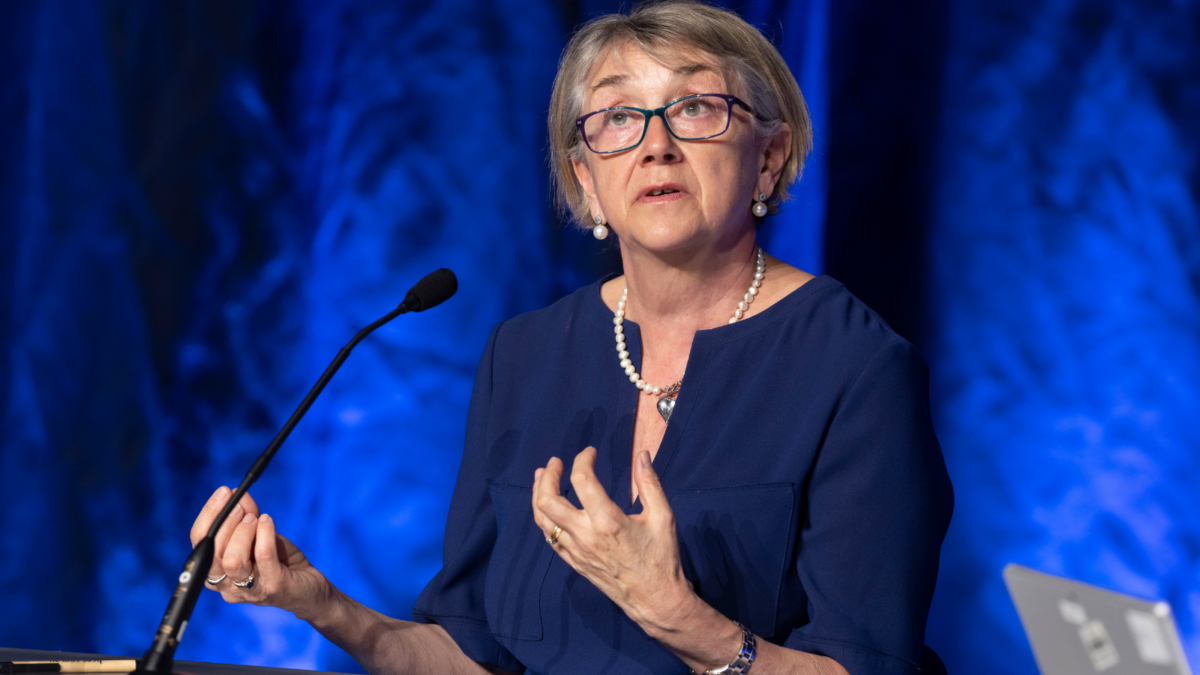Choice products in the gun as YFYS strikes again
The extension of the Your Future Your Super (YFYS) performance test to the 805 trustee-directed products (TDPs, generally understood as multi-asset choice products) wasn’t quite the wave of mutilation that some expected, but it was still plenty bloody. While only one MySuper product failed, 20 out of 500 TDPs and 76 of 305 TDPs housed on platforms failed.
That represents four per cent of options and one per cent of members and assets in TDPs and 25 per cent of options and 12 per cent of members and assets in platform TDPs. The sole MySuper option to fail – AMG MySuper – is already closed to new members, with plans to wind it down completely. The penalty for failure for TDPs is the same as for MySuper products: funds must send out letters to members informing them and a second failure will see the product closed to new members.
Jonathan Grigg of WTW noted several factors underpinning the high number of failures among platform products: higher fees (though the representative admin fee was higher for non-platform products); a tendency towards liquid alternatives and away from property and infrastructure; and a willingness to underweight risk, which has tripped up all manner of superannuation products in the red hot markets of performance test measurement period.
“Members in trustee directed products make active decisions about their investment options and some might select products for reasons beyond performance,” said APRA deputy chair Margaret Cole. “Nevertheless, all trustees must take responsibility for the products they make available and ensure the products they offer are in their members’ best financial interests.”
Ratings house Chant West warned well ahead of time that the test was likely unfit for purpose when it came to platform TDPs, particularly because administration fee component of the test is based on a $50,000 balance when the average balance in a platform product is $250,000, meaning the comparison is “nowhere close to the experience of members in (platform) products”.
One notable failure was the QSuper Socially Responsible option, still offered by Australian Retirement Trust (ART) post-merger, which returned -0.41 per cent p.a. for the 2022/23 financial year. Its performance across the testing period was 4.5 per cent, and it currently has 8500 members. The option will be closed from 1 July 2024, with members able to choose other options, though ART has made “a range of changes” to the option’s investment strategy and asset allocation which it believes will improve its performance.
The high pass rate among MySuper products is mostly down to the well-observed phenomenon of funds managing towards the constraints of a test they’ve now lived with longer, as well as the opportunity to switch up or close underperforming options ahead of failure.










